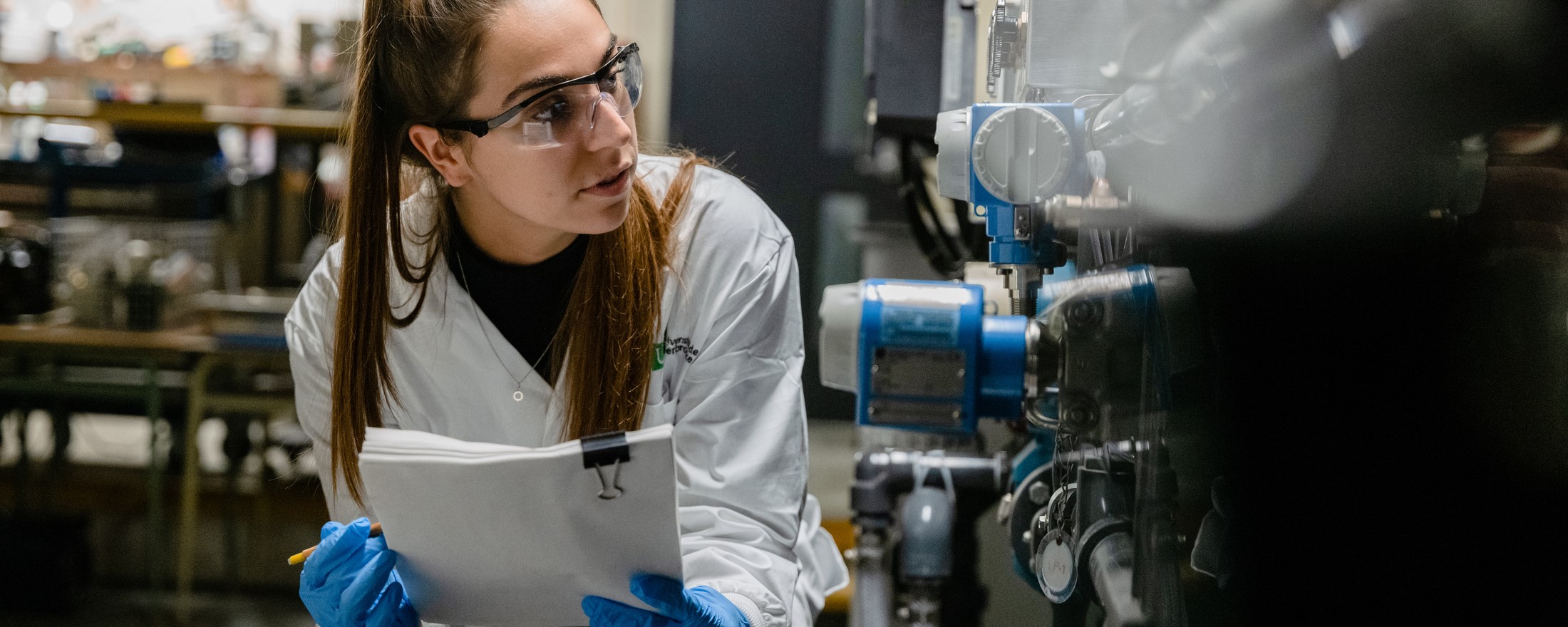Experimental development of scraper segments for orbital motion
Overview
- RESEARCH DIRECTION
- Mathieu Picard, Professeur - Department of Mechanical Engineering
- ADMINISTRATIVE UNIT(S)
-
Faculté de génie
Département de génie mécanique
Institut interdisciplinaire d'innovation technologique (3IT)
- LEVEL(S)
- 2e cycle
- LOCATION(S)
- 3IT - Institut interdisciplinaire d'innovation technologique
Project Description
Project While ground transportation is slowly but surely electrifying, the aeronautics industry must also develop solutions to reduce its greenhouse gas emissions. Unfortunately, the batteries are too heavy to fly long distances and the production of clean synthetic fuels remains too expensive to be economically viable. The best solution in the short and medium term remains to increase engine efficiency through radical innovations. As turbines have significant efficiency limits on a small scale, non-reciprocating combustion engines are a promising alternative by combining high efficiency and high power density. One of the main challenges of these engines is to achieve low oil consumption to minimize pollutant emissions and meet customer requirements in terms of weight and maintenance. The objective of the project, in collaboration with Pratt & Whitney Canada (P&WC), is to model and experimentally validate oil consumption and then to develop solutions with the aim of reducing this consumption to a minimum. More specifically, the role of the master's student will be, in collaboration with an engineer from Createk, to design, manufacture and implement a test bench making it possible to reproduce the movement of a non-reciprocal motor and to quantify oil consumption under various simulated operating conditions. Like any project at Createk, the project will combine design, modelling, digital simulation, prototyping and experimentation. Team and environment The student will evolve at the 3IT within the Createk research group (www.createk.co), with 9 teachers, 15 professionals, 1 technician and more than 70 students, all passionate about the development of new technologies for the machines of tomorrow. On a day-to-day basis, the student will work in a team with a PhD student, a research engineer and the P&WC R&D team. The whole team will have access to a workshop with CNC machines, metal 3D printing, laser cutting and other equipment to prototype and test the new ideas developed. Ideal candidate - Bachelor's degree in mechanical engineering, aeronautical engineering or related field - Creative or creative, passionate and action-oriented - Desire to develop skills in energy conversion systems - Ability to work in a team - Practical experience in experimental testing (an asset)
Discipline(s) by sector
Sciences naturelles et génie
Génie mécanique
Funding offered
Yes
$ 25 000
Partner(s)
Pratt & Whitney Canada
The last update was on 12 March 2024. The University reserves the right to modify its projects without notice.
